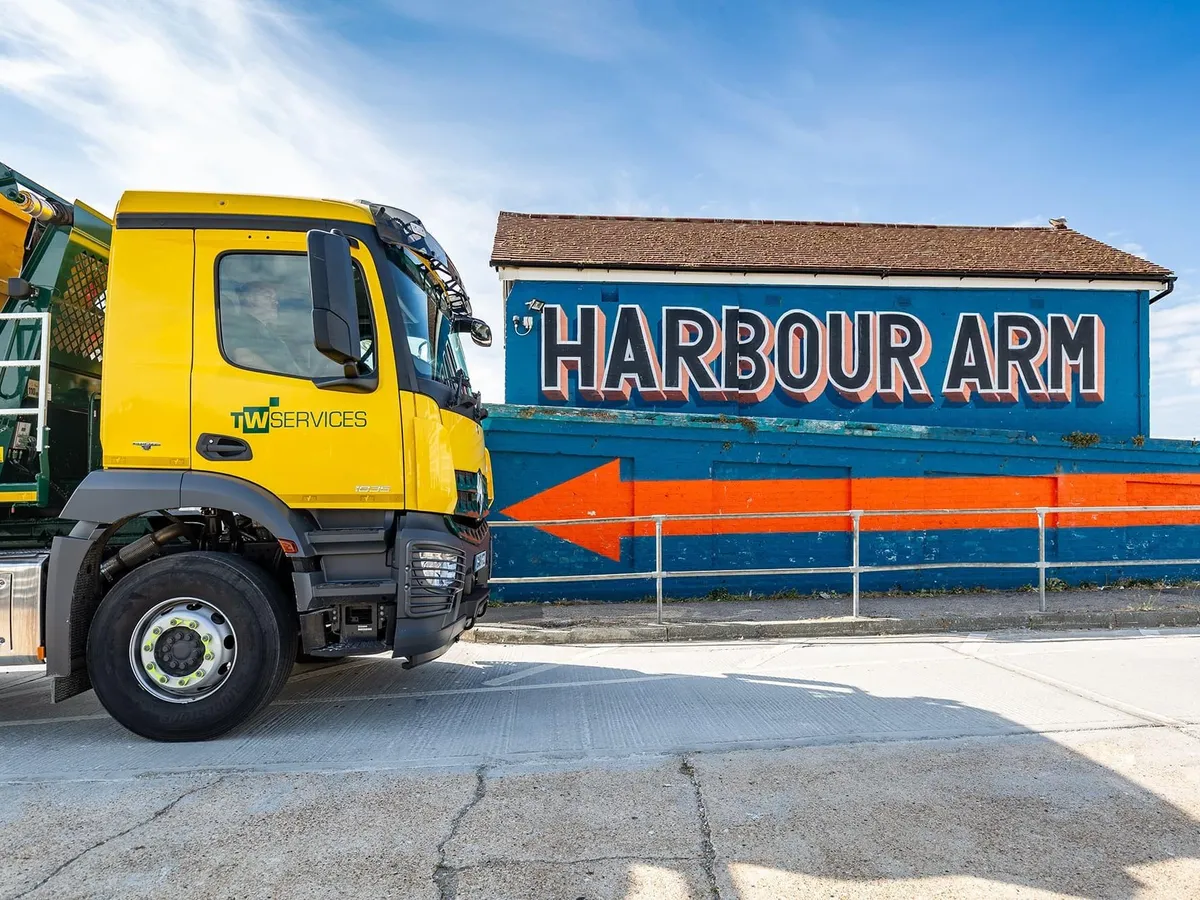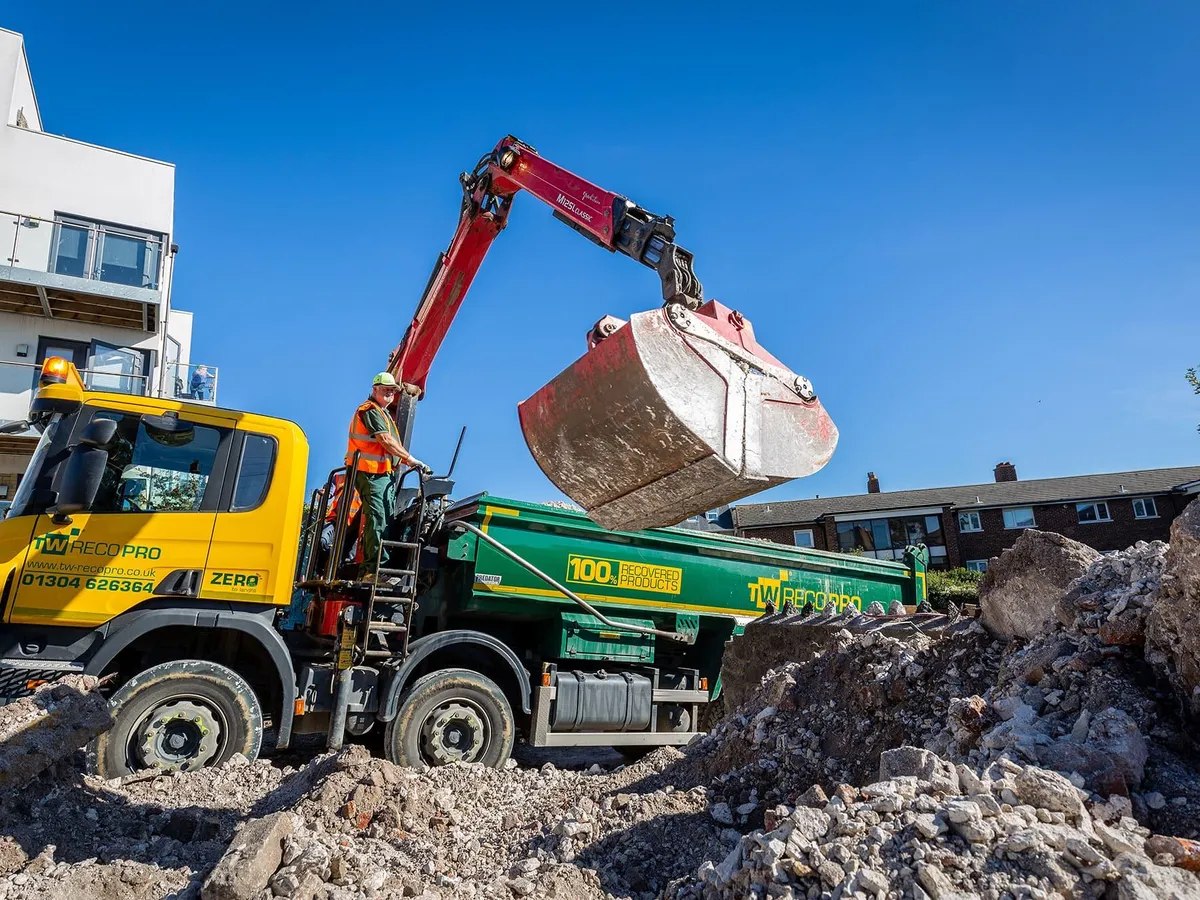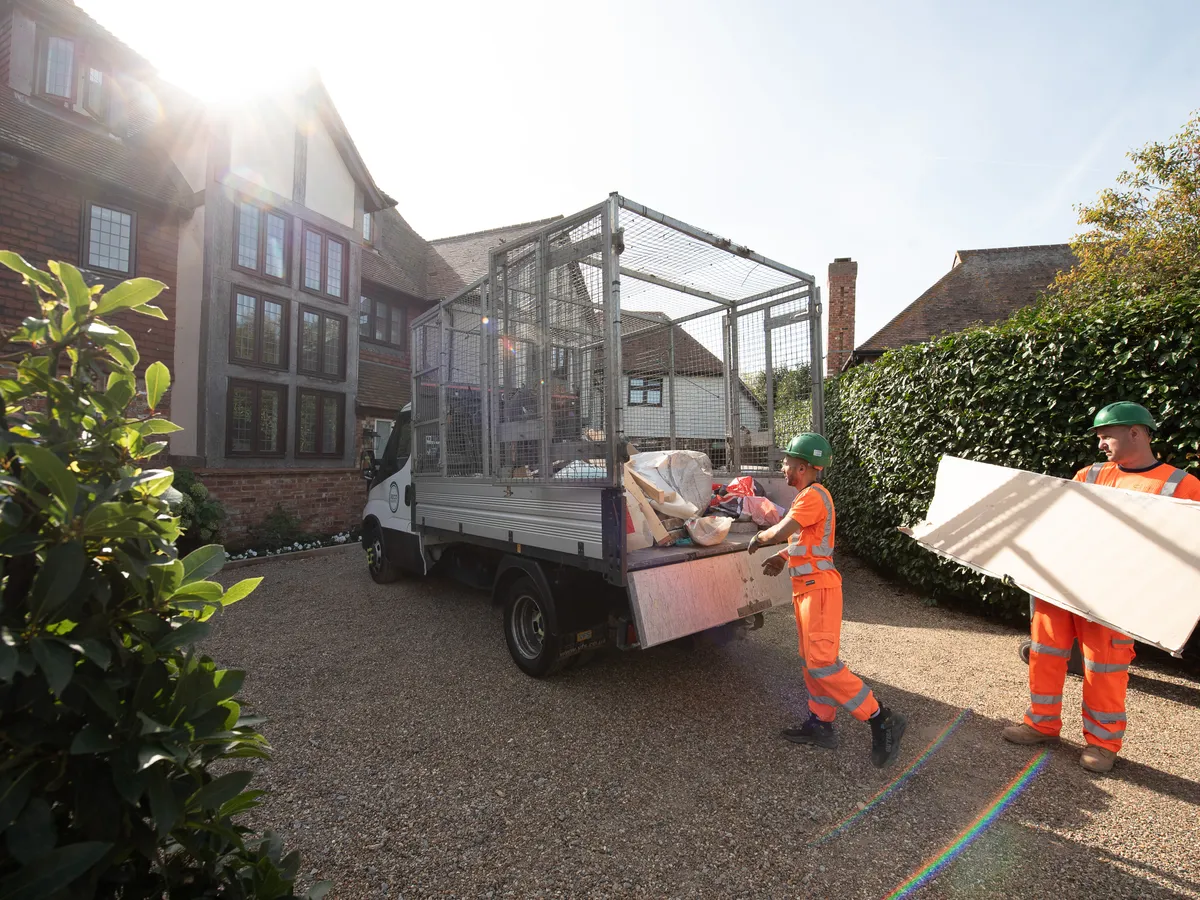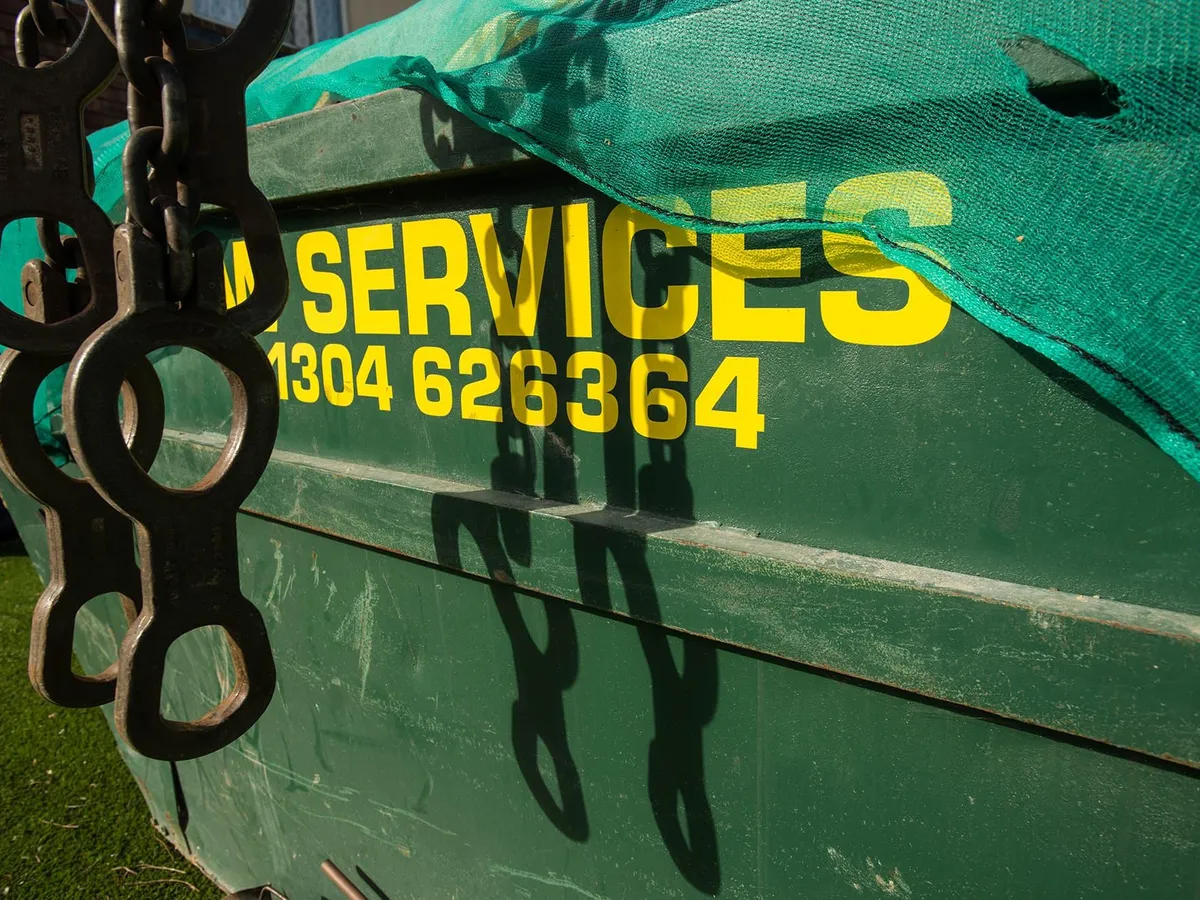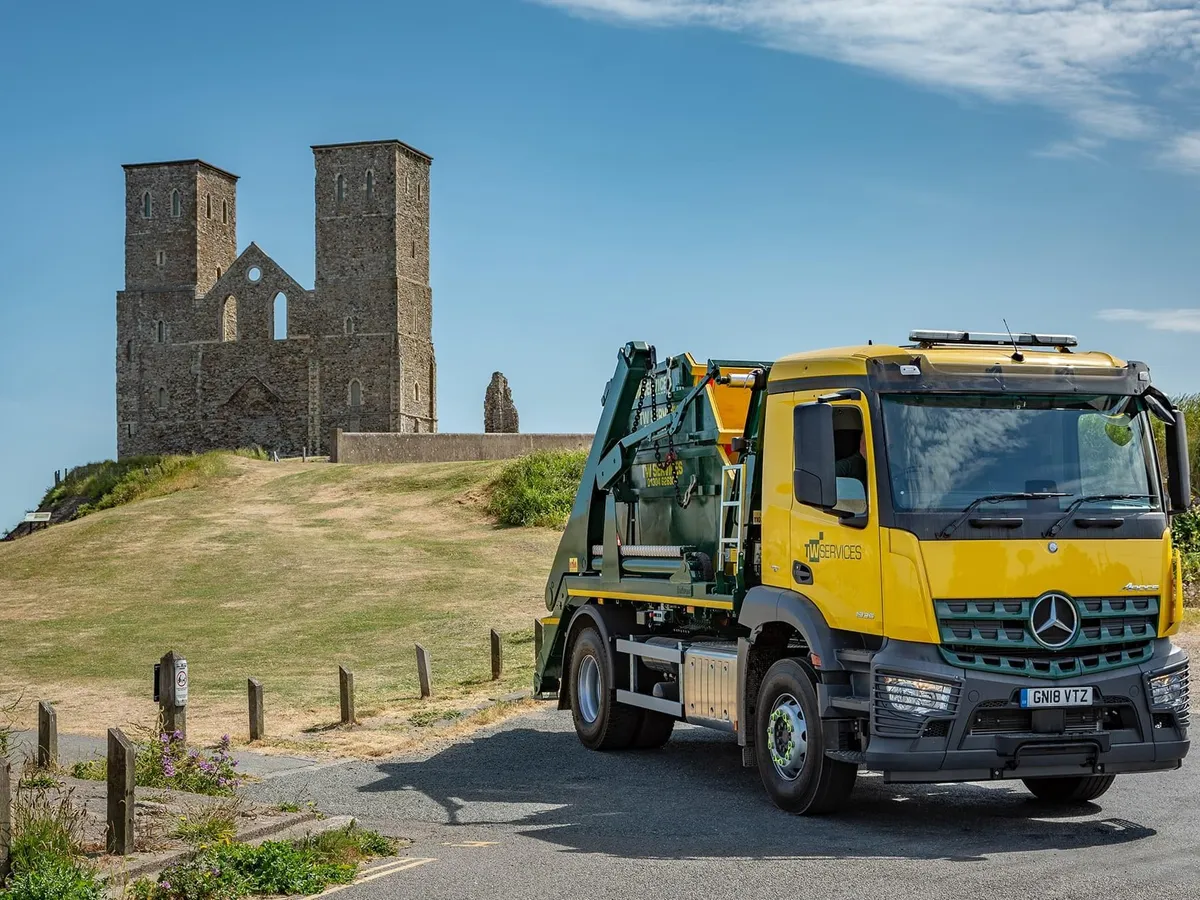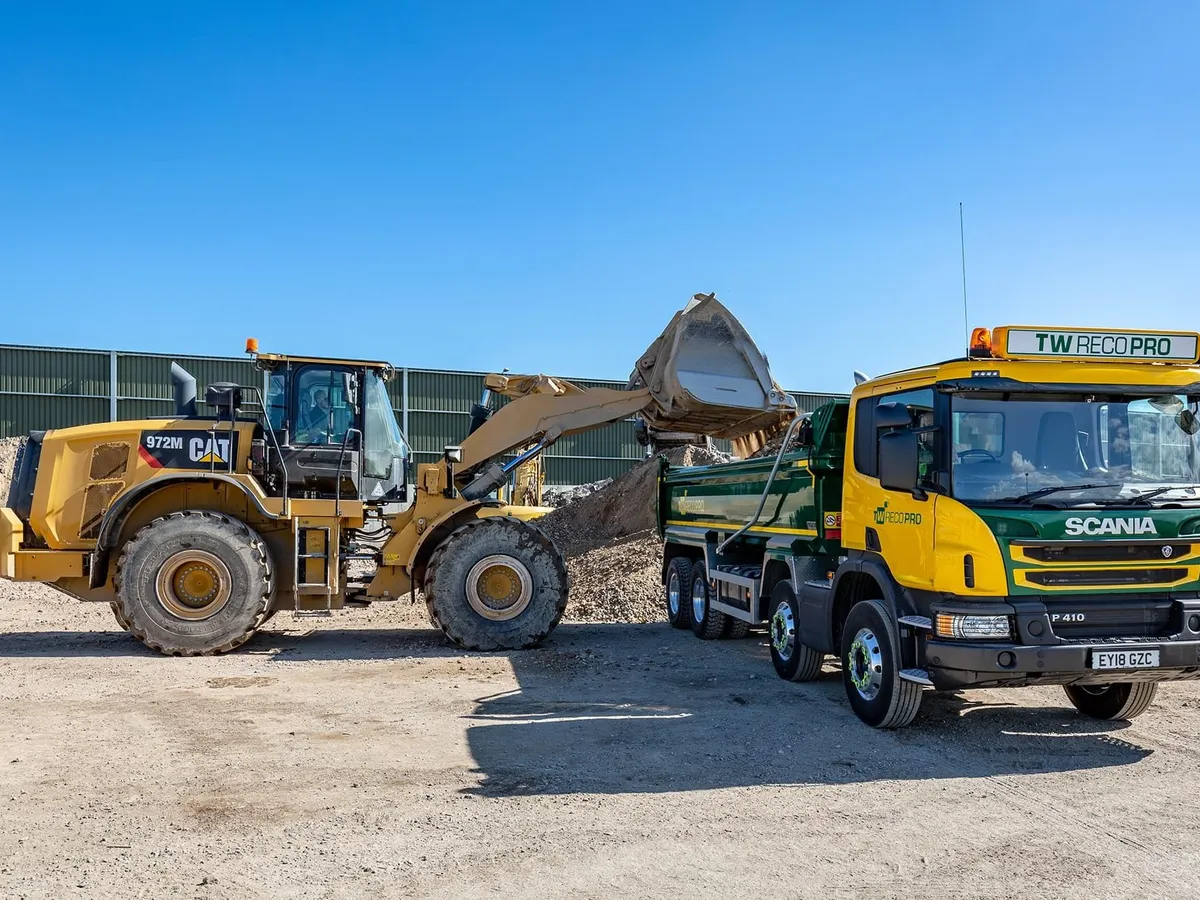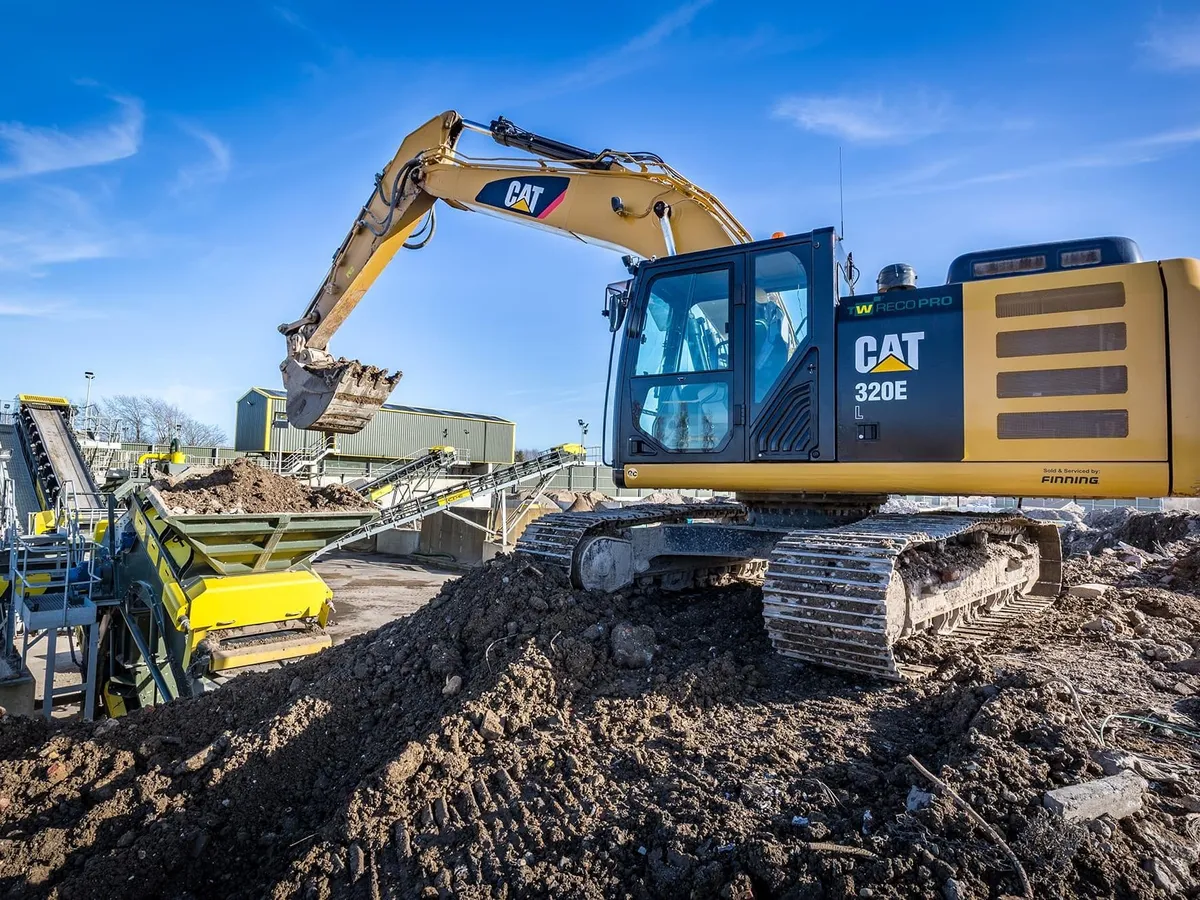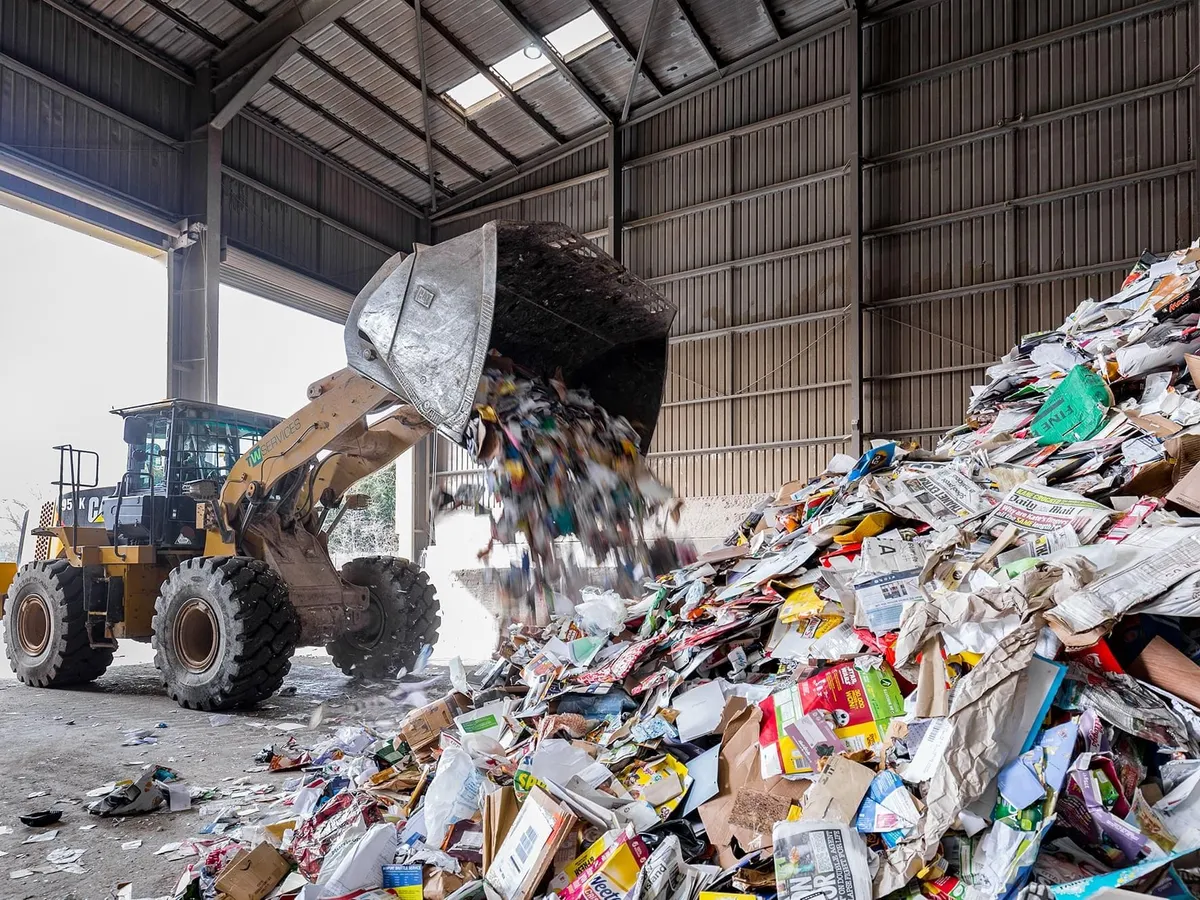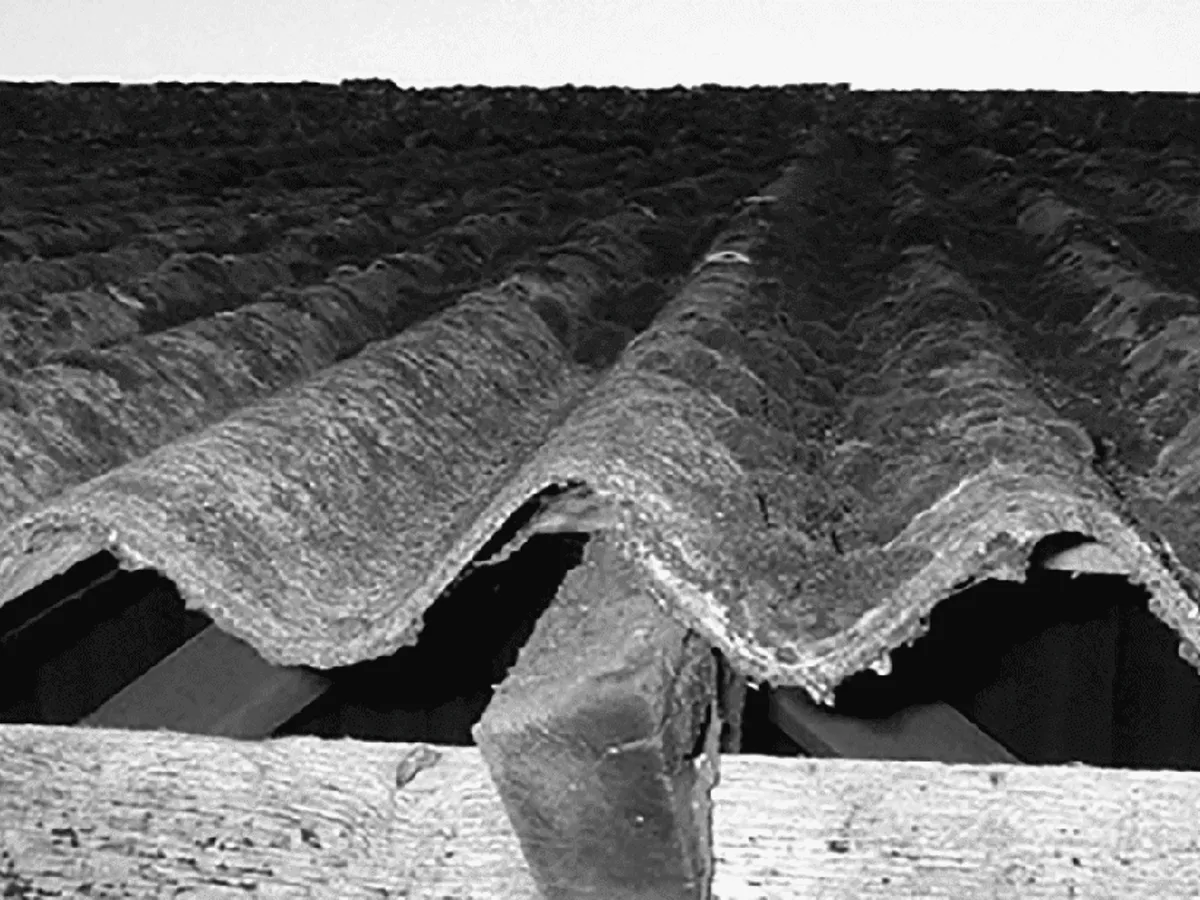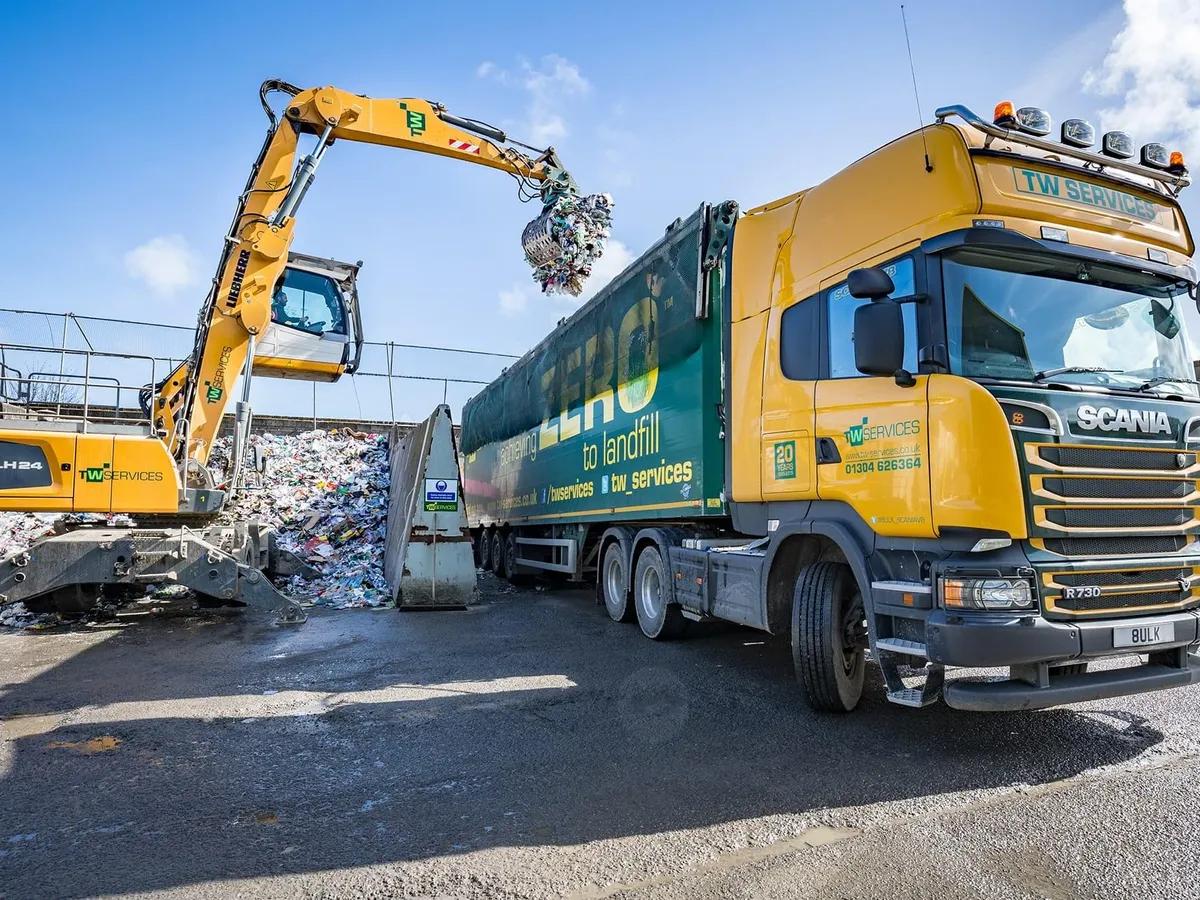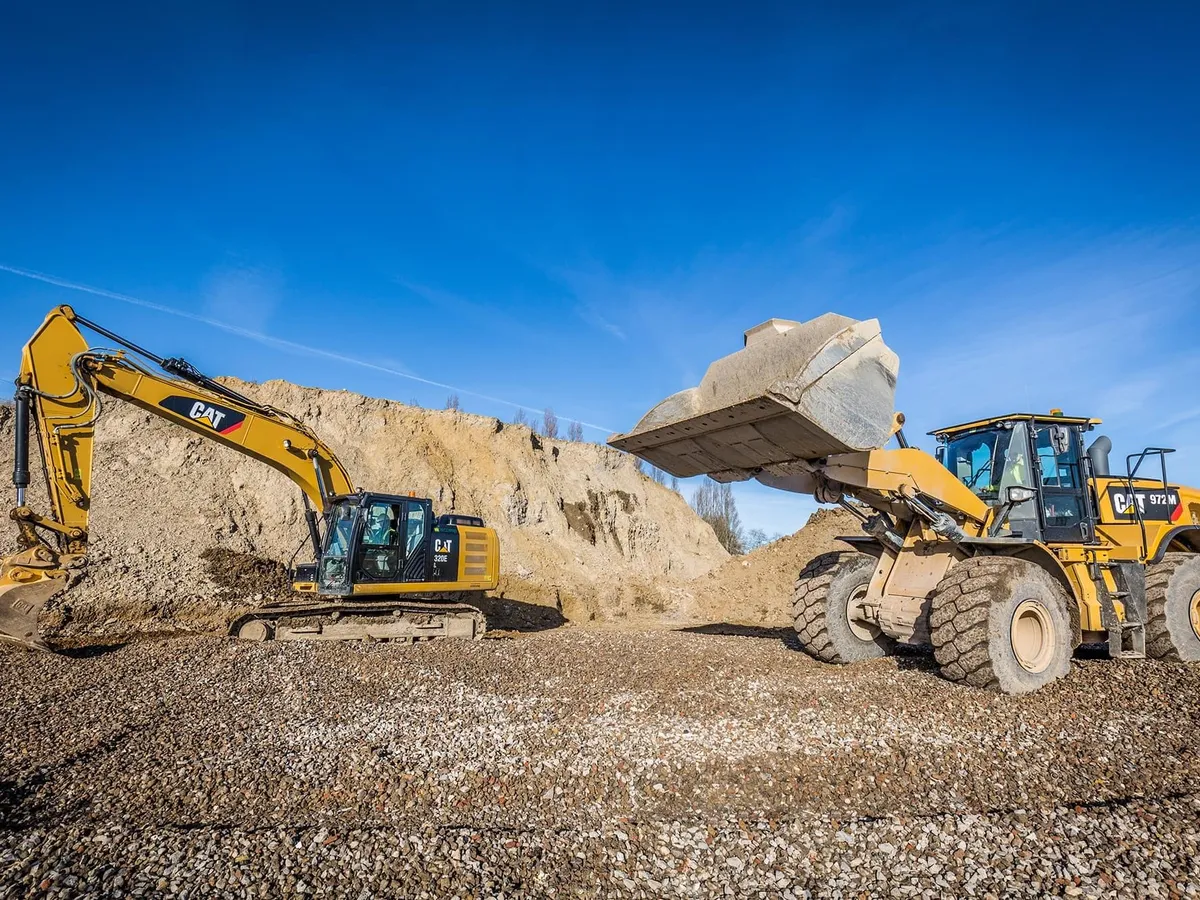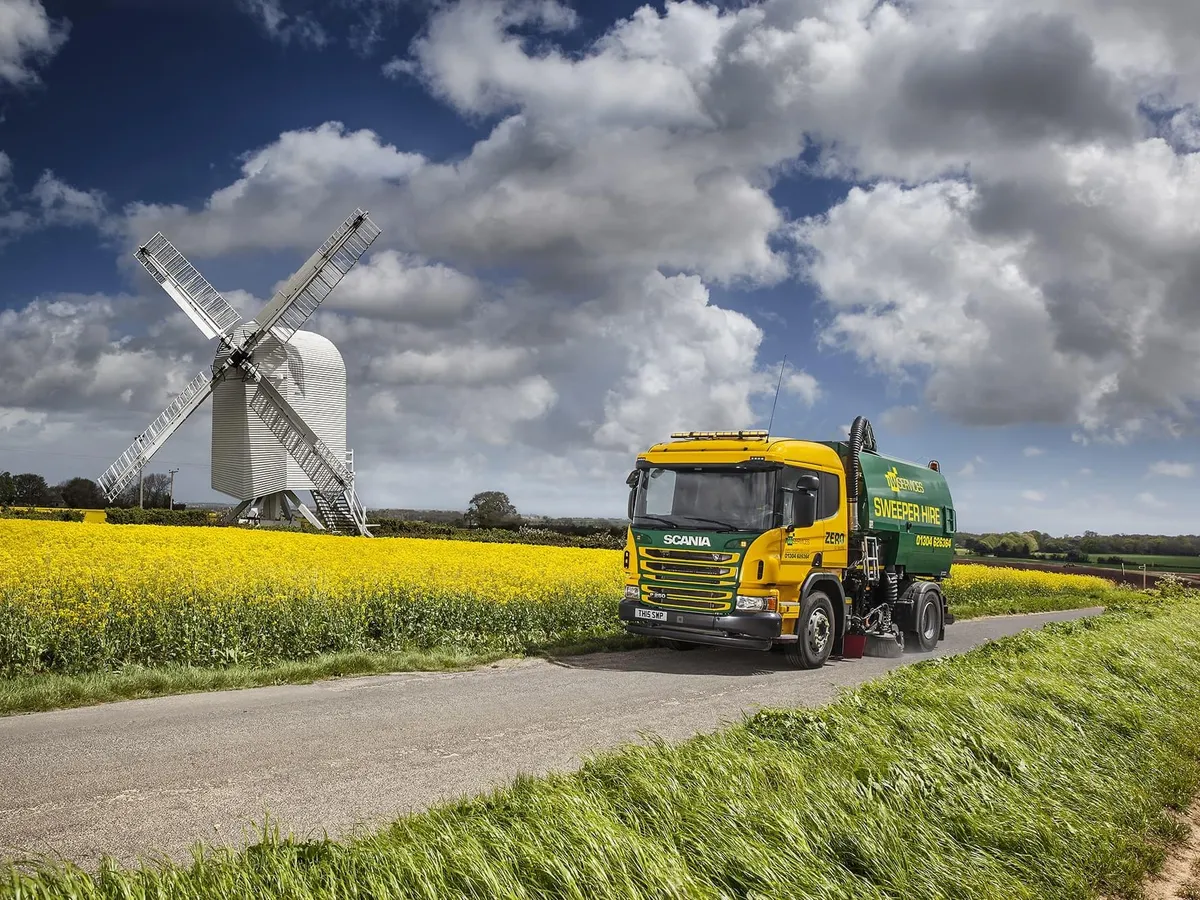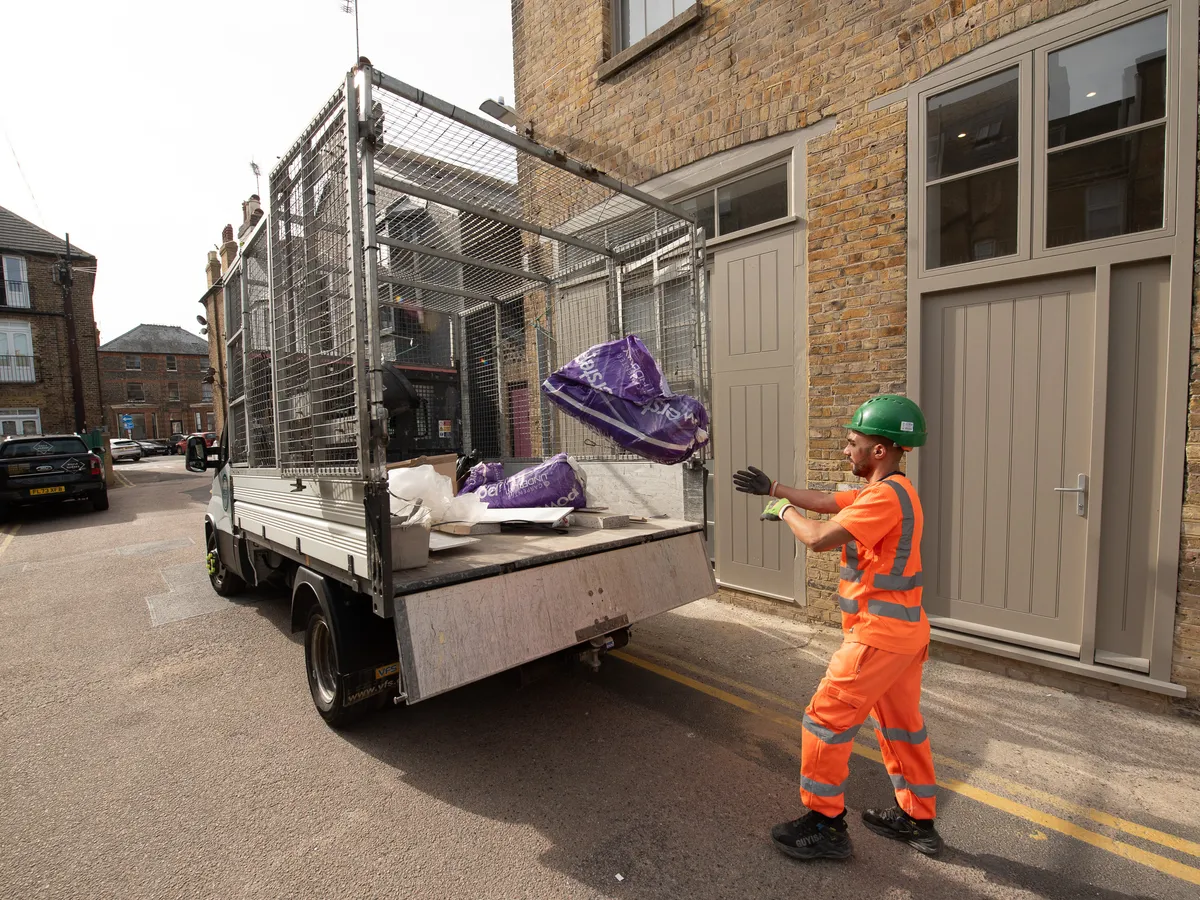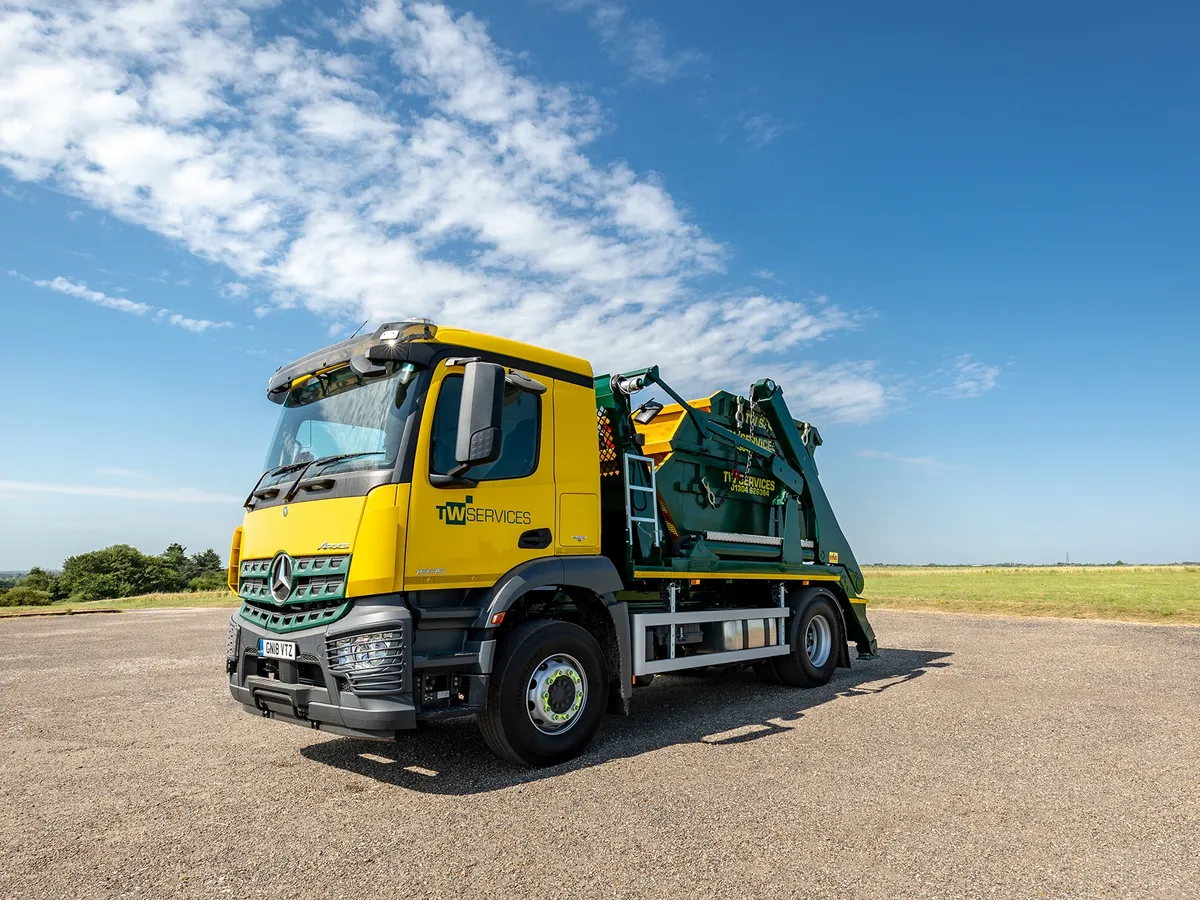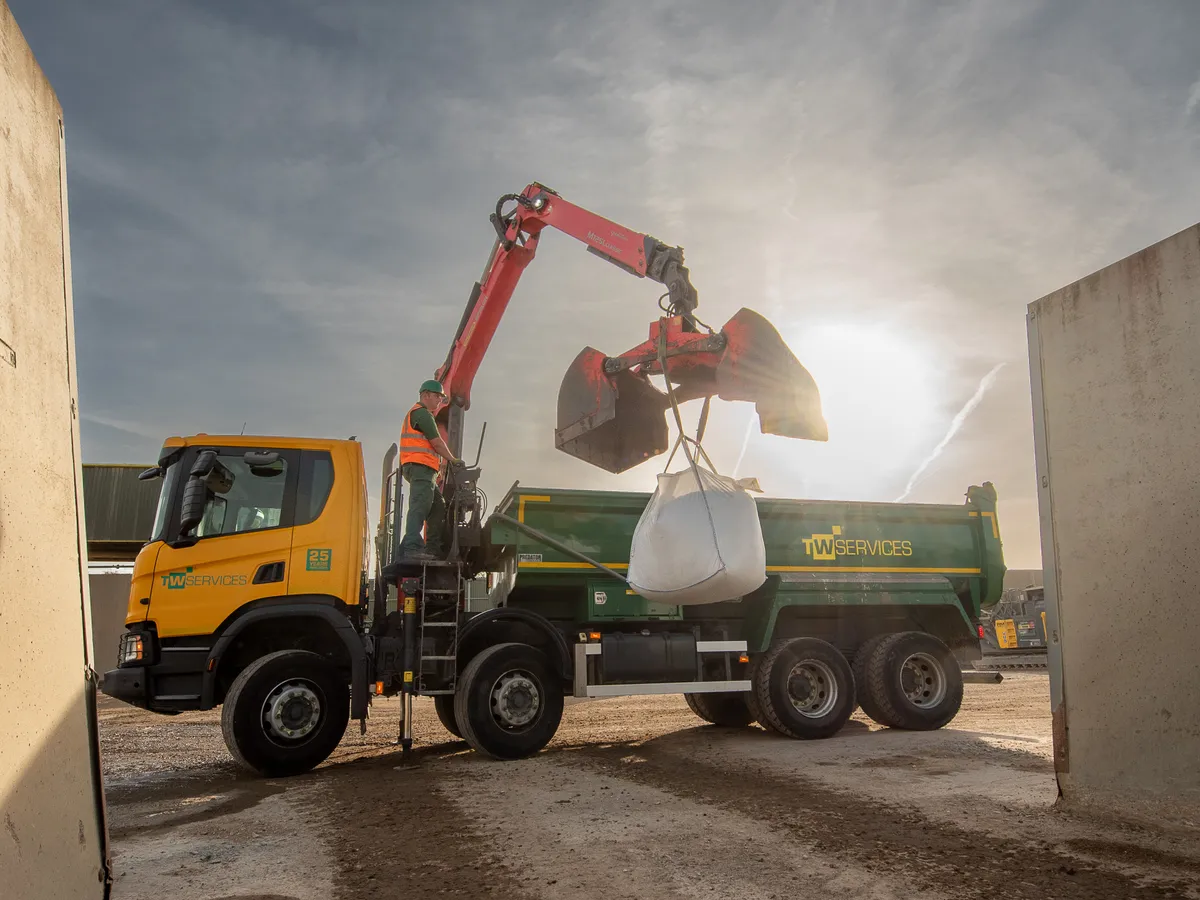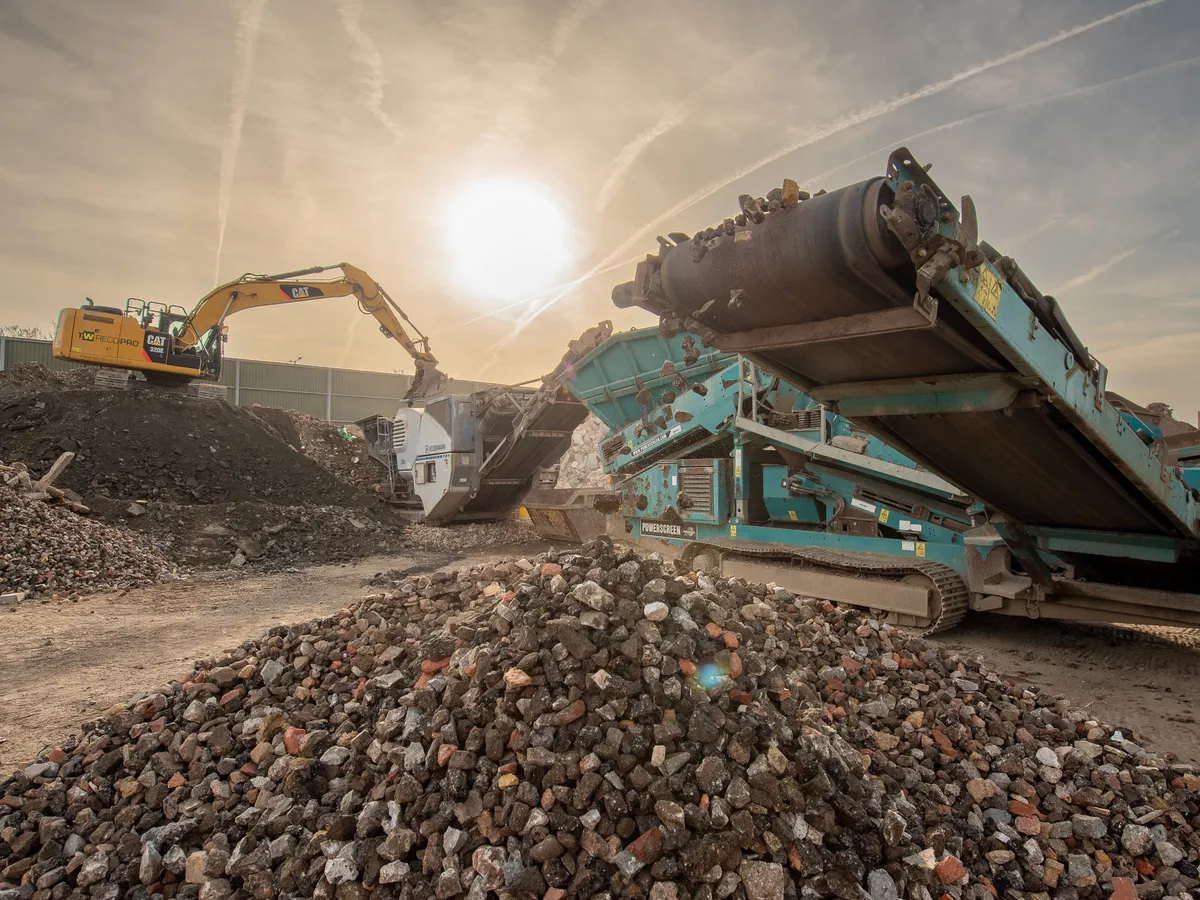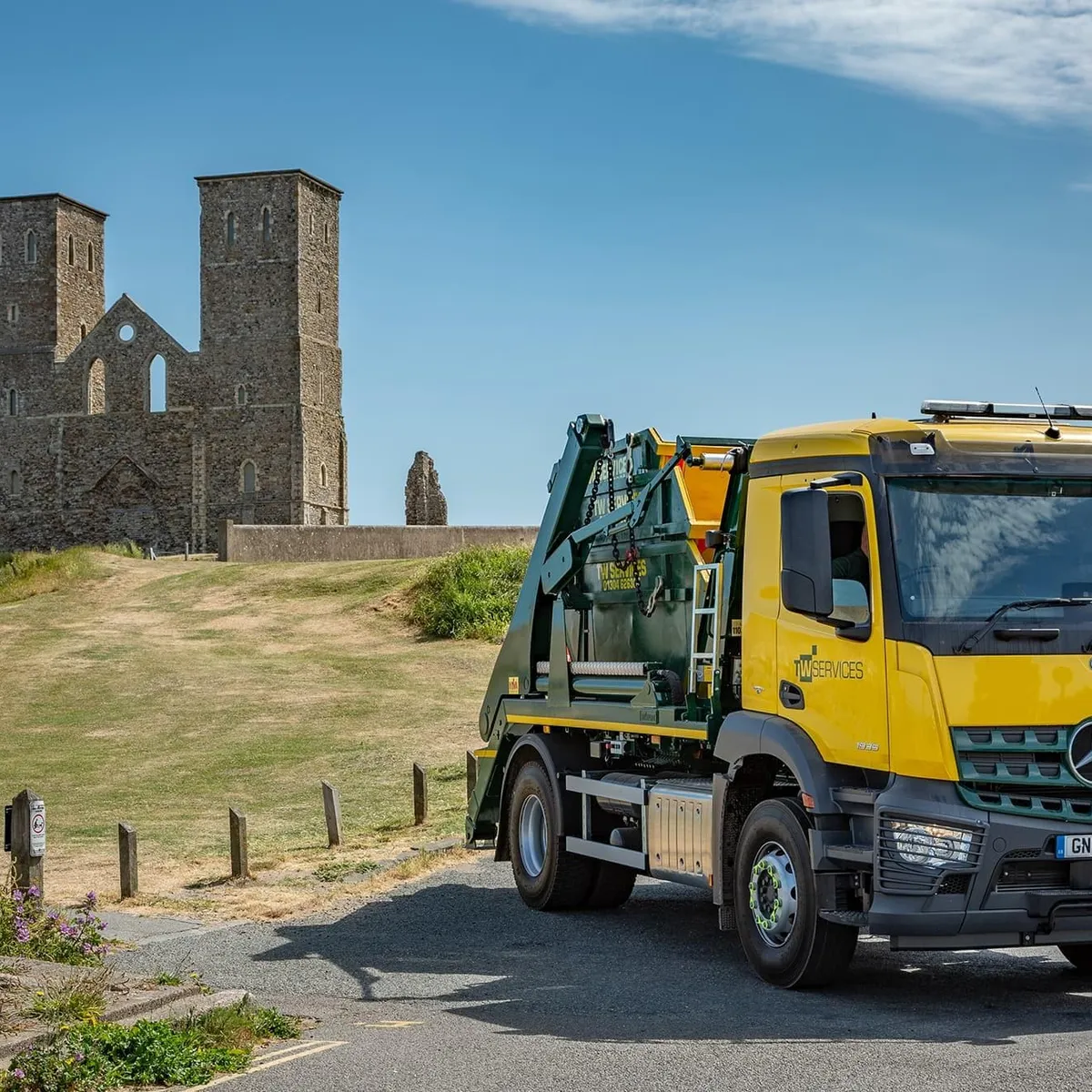
How to safely load heavy items into a skip
Are you tackling a big home renovation or clearing out years of accumulated rubbish?
Hiring a skip from TW Services is an excellent way to manage waste disposal.
However, when it comes to heavy items, proper loading techniques are crucial for safety and efficiency.
1. Assess the weight limit
Before you start loading, familiarise yourself with the skip's weight limit.
This crucial step ensures you don't exceed the safe capacity of your hired skip. TW Services provides various skip sizes, each with its own capacity, ranging from 4-yard mini skips to 12-yard skips.
It's not just about volume; weight distribution is equally important. A skip that's too heavy can be dangerous to transport and may even damage the vehicle carrying it.
2. Wear proper safety gear
Safety should always come first when handling waste materials, especially heavy items.
Wear sturdy gloves to protect your hands from cuts, splinters, and harmful substances, as well as steel-toe boots to provide essential foot protection against falling objects.
A hard hat is also crucial to guard against head injuries from overhead hazards or accidental drops. Don't forget safety glasses to shield your eyes from dust and debris, and consider wearing a high-visibility vest if you're working near traffic or in low-light conditions.
Remember, investing in proper safety gear is investing in your well-being.
3. Use proper lifting techniques
When lifting heavy objects, it's crucial to use proper techniques to prevent injury and ensure safe handling.
Follow these essential guidelines to protect your back and muscles:
- ● Bend your knees, not your back
- ● Keep the item close to your body
- ● Lift with your legs, not your back
- ● Avoid twisting while lifting
4. Get help for very heavy items
Don't hesitate to ask for assistance with particularly heavy objects.
TW Services recommends working in pairs or teams for items weighing over 25kg. This approach not only ensures safety but also improves efficiency in loading the skip.
Remember, there's no shame in seeking help; it's a smart, responsible choice that protects everyone involved.
5. Break down large items
Whenever possible, dismantle large items before loading them into the skip. This makes them easier to handle and helps maximise space in the skip.
Breaking down items like big furniture can significantly reduce their bulk, allowing for more efficient use of the skip's capacity and making the loading process much safer and more manageable.
6. Use a ramp
For especially heavy items, consider using a sturdy ramp to slide them into the skip.
We can provide advice on suitable ramps if needed. A well-constructed ramp can make a huge difference in safely loading heavy objects, reducing the risk of injury and making the process much smoother.
Always ensure the ramp is securely positioned before use.
7. Load heavier items first
Place heavier items at the bottom of the skip.
This provides a stable base and prevents crushing lighter materials underneath. Starting with the heaviest items ensures a solid foundation for your load and helps maintain the skip's balance.
It also protects more fragile waste from being damaged by heavier objects placed on top.
8. Distribute weight evenly
Spread heavy items across the skip's floor rather than concentrating them in one area.
This helps maintain the skip's stability during transport. Even weight distribution is crucial for safety, both during loading and when the skip is being moved.
It prevents the skip from becoming unbalanced, which could lead to tipping or shifting of contents.
9. Secure loose items
Ensure all items are securely placed within the skip. Loose objects can shift during transport, potentially causing accidents.
Take extra care with items that could become airborne during transit. Consider using ropes or straps to tie down larger objects, and fill gaps with smaller items to prevent movement.
This step is crucial for safe transportation.
10. Don't overfill
Keep all waste within the skip's walls.
Overflowing skips are unsafe and may not be collected by TW Services until properly adjusted. An overfilled skip can lead to debris falling during transport, posing risks to other road users.
It's also illegal in many areas. If you find you need more space, contact TW Services to arrange a larger skip or an additional one.
Are you ready for skip hire services?
By following these guidelines, you can safely and efficiently load heavy items into your skip.
Remember, TW Services is always here to provide advice and support throughout your waste disposal project. Our experienced team can help you choose the right skip size and offer guidance on proper loading techniques.
Contact TW Services today for competitive rates and exceptional service. Either call 01304 626 364, send an email to enquiries@tw-services.co.uk or use our online booking system to order and pay for your skip today.
Let us help you manage your waste disposal needs safely and efficiently!
